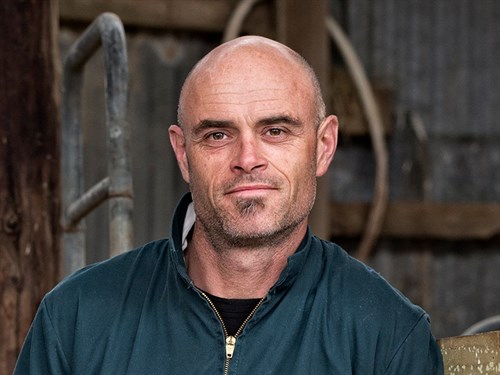New Zealand’s 1 million-tonne usage of SUSTAIN
New Zealand’s growing interest in effective and efficient targeted nutrient solutions is reflected in a 1 million tonne usage of SUSTAIN since its launch
Warwick Catto, Ballance Agri-Nutrients Science Strategy Manager, says over the past 15 years he has seen a rapid growth in farmers choosing SUSTAIN over urea. This is because tangible benefits are seen in SUSTAIN and farmers reckon it’s a "hard working nitrogen product" which has granules incorporating the world’s leading urease inhibitor AGROTAIN®. Warwick says this reduces nitrogen losses from ammonia volatilisation by 50% on average compared to urea.
Efficacy on farm is what Warwick says is its biggest benefit: "For every 500,000 tonnes of urea sold in New Zealand, around 10-20% of the available nitrogen will be lost through volatilisation. That’s the equivalent of 23,000 tonnes of nitrogen that’s not doing its job in the soil and generating a return for farmers through better pasture and crops."
Ballance estimates that SUSTAIN® sales have replaced an estimated 50,000 tonnes of urea being applied to land, reducing the emission of greenhouse gases such as nitrous oxide (N20) to the environment.

Warwick says more and more farmers are switching to smart nutrient products when it is clear that they can easily overcome common operational challenges using traditional urea and achieve better outcomes for a similar spend.
Warwick says that when farmers use urea they try avoid nitrogen loss through volatilisation by waiting until the weather is wet to apply fertilizer. Yet, re-deposition is outside the farmer’s control, and a lot of the nitrogen can be re-deposited in rivers, lakes or forests which is destructive for the environment. However, SUSTAIN is known to reduce those volatilisation losses
It is more cost effective in the long-run to use a product like SUSTAIN while sold at a premium over standard urea. This is because the premium is recovered in reduced N loss, better pasture and crop response and reduced reliance on immediate rain to minimise volatilisation. Warwick says that weighing up cost over performance is something farmers are increasingly doing.
Keep up to date in the industry by signing up to Farm Trader's free newsletter or liking us on Facebook



.jpg)
.jpeg)

.jpg)
.jpeg)
.jpg)
.jpg)






